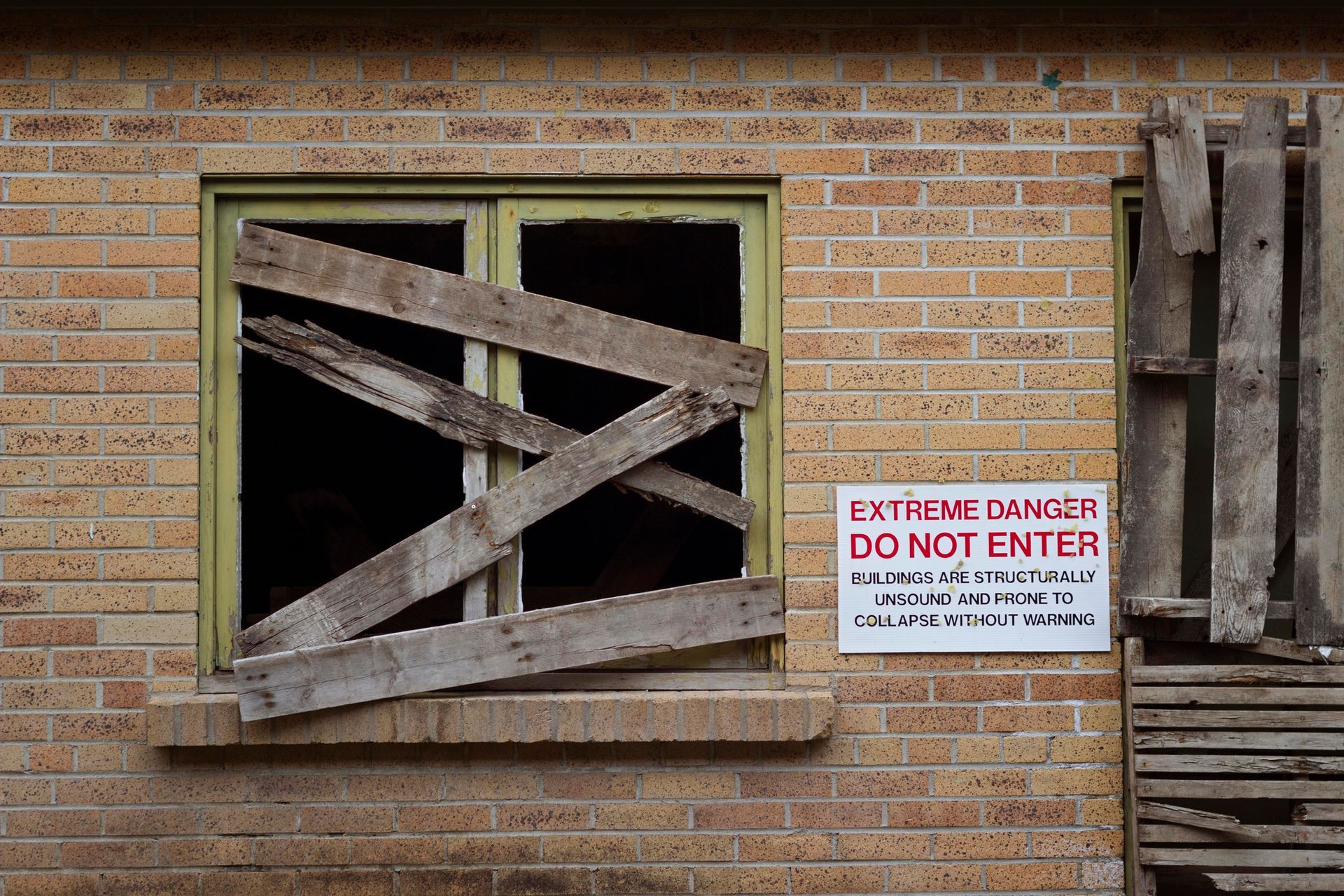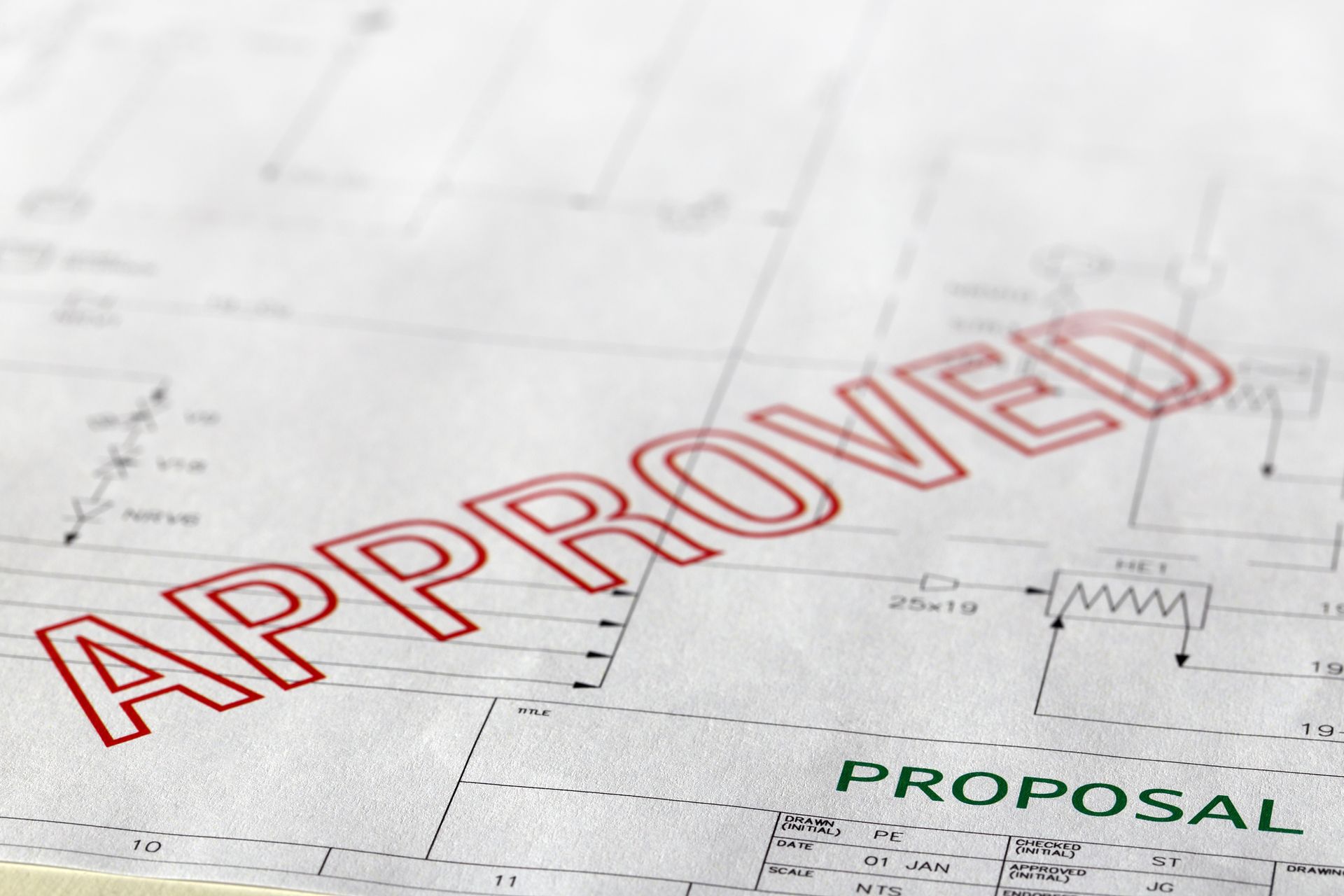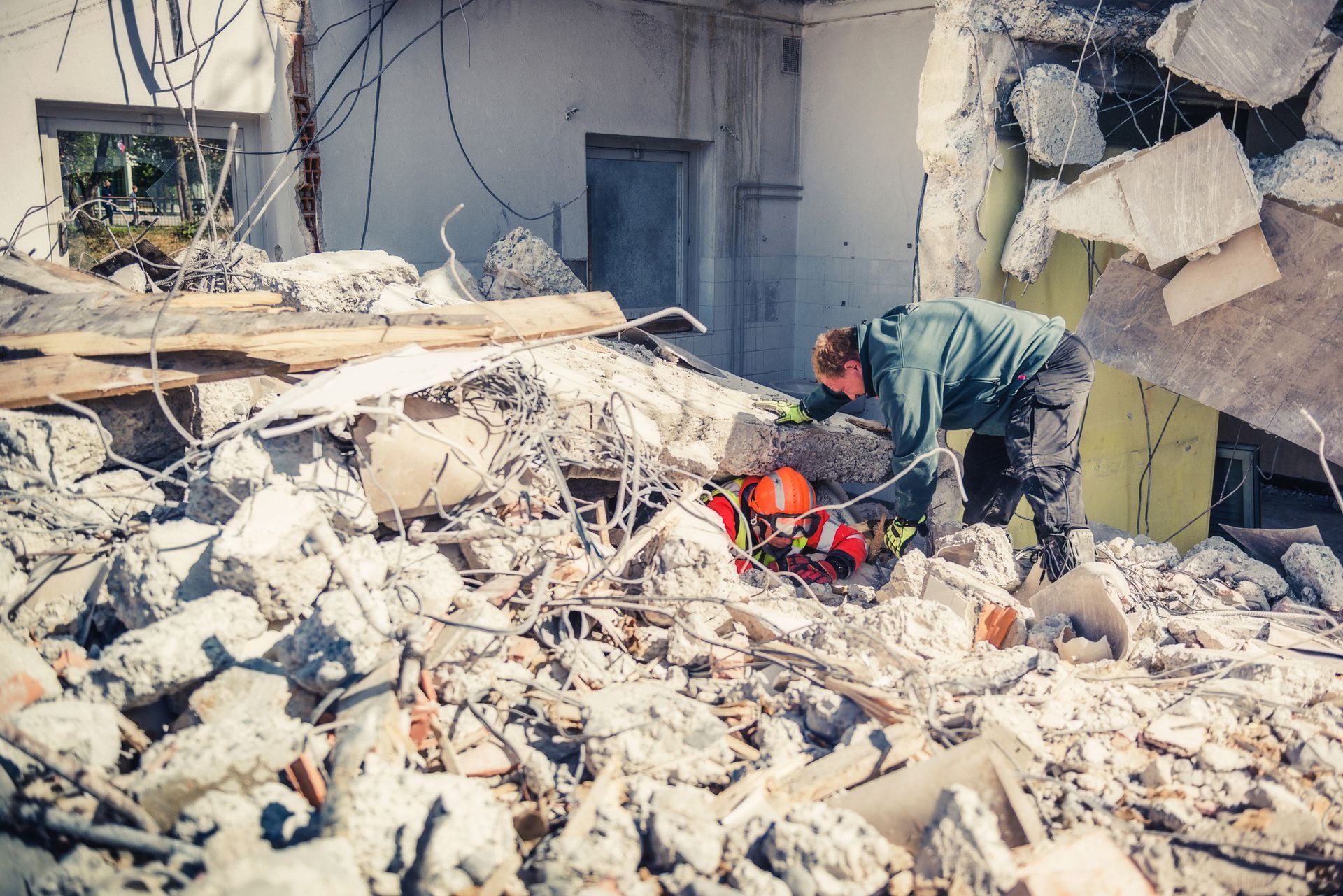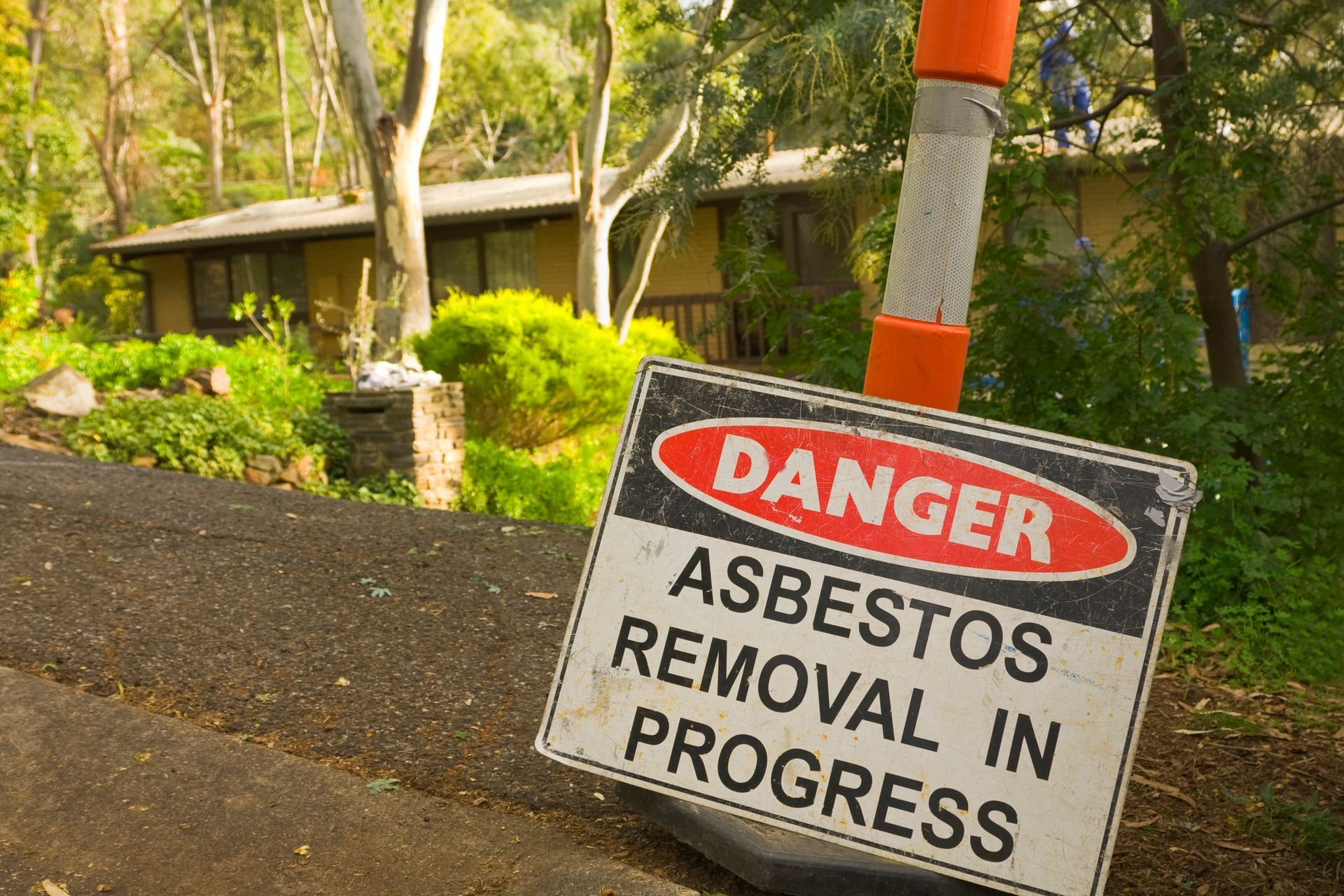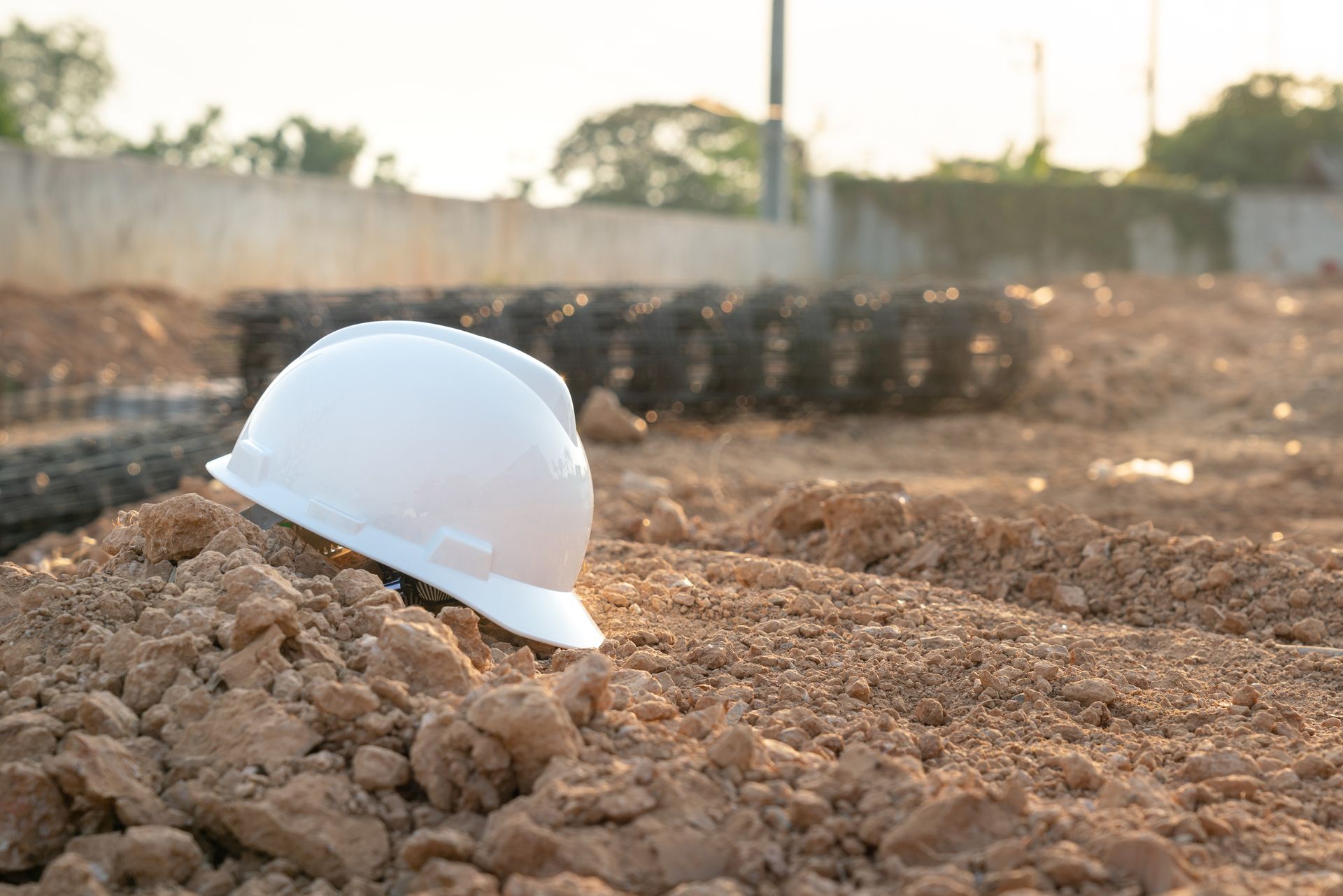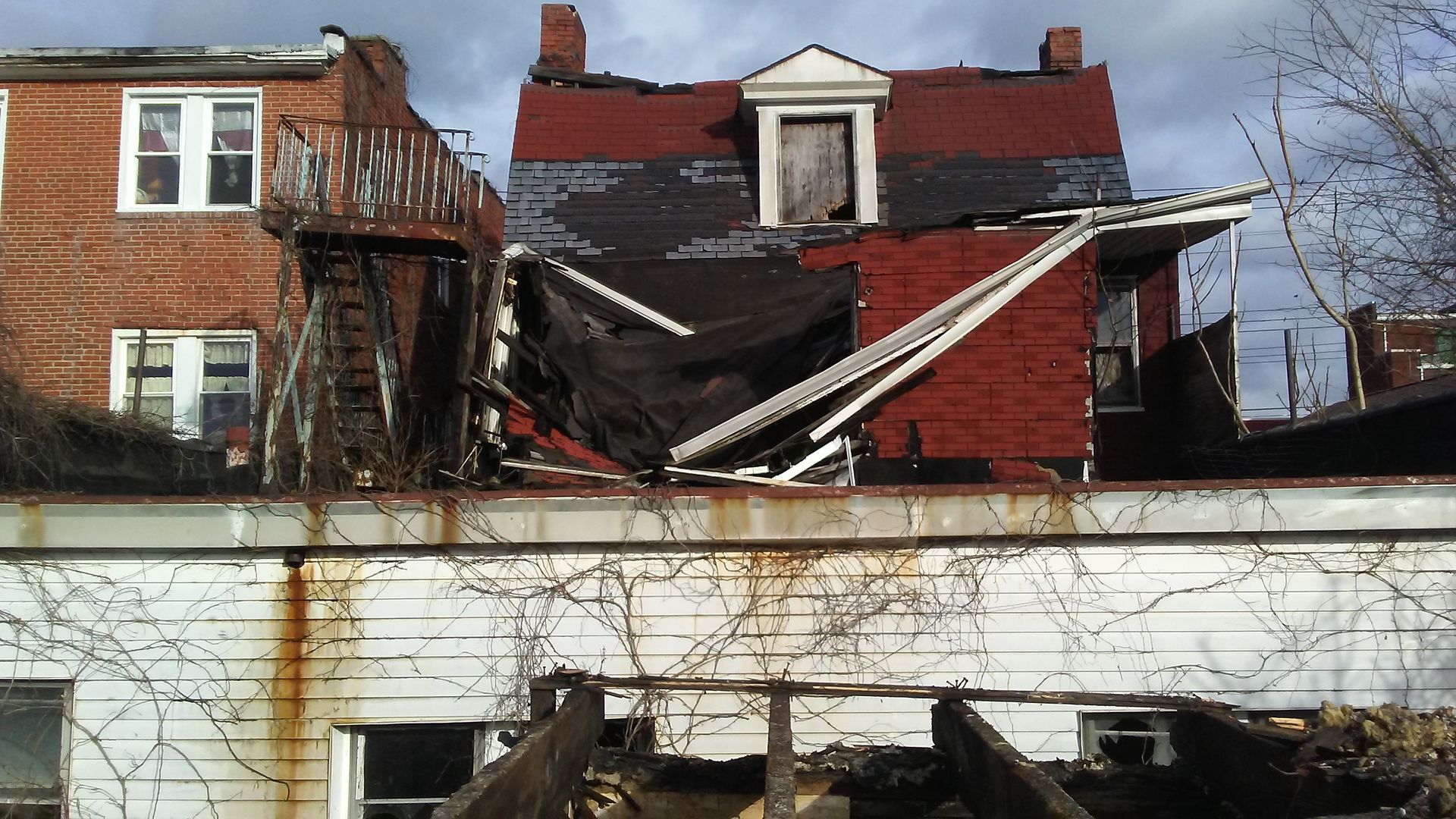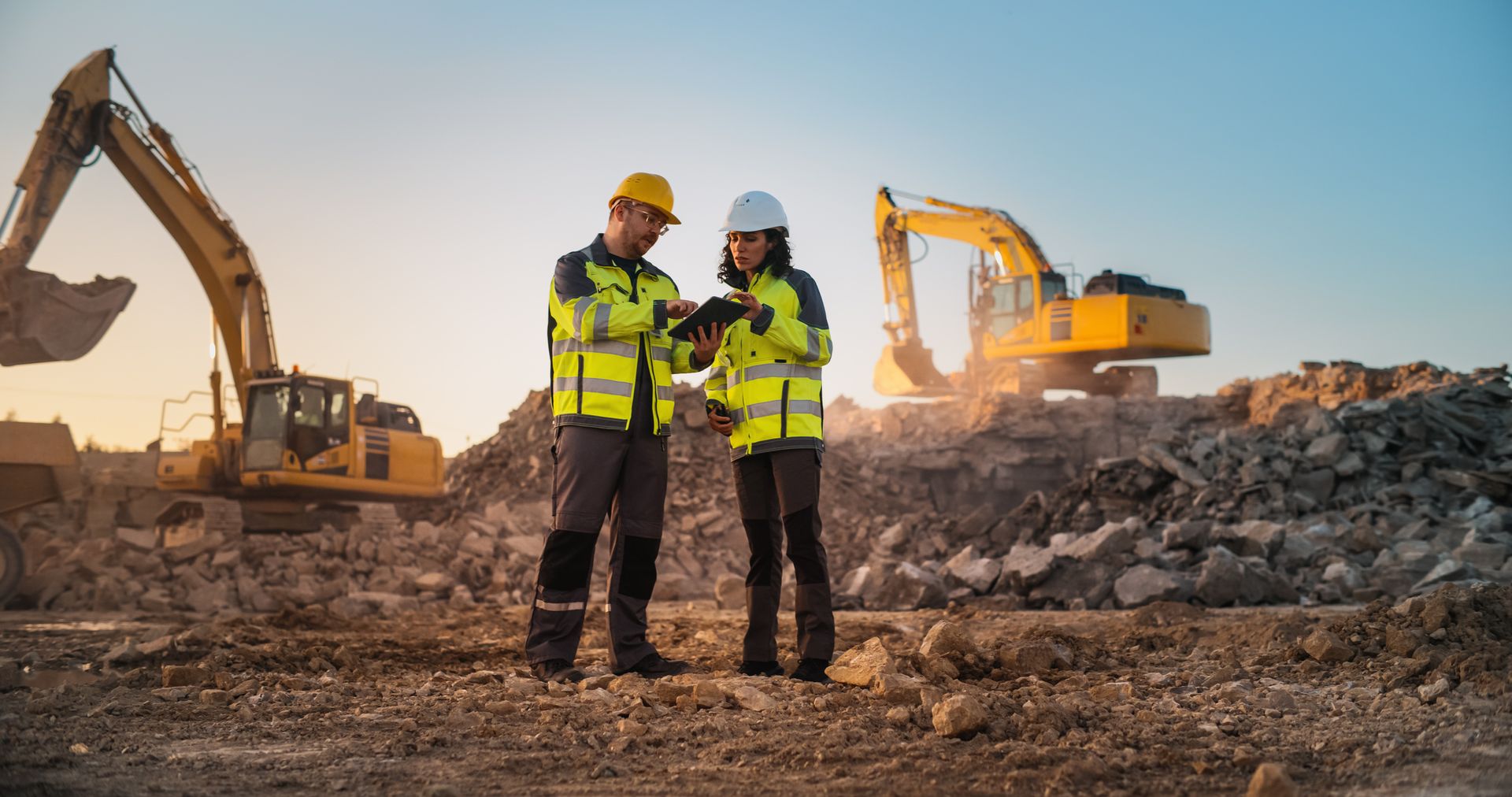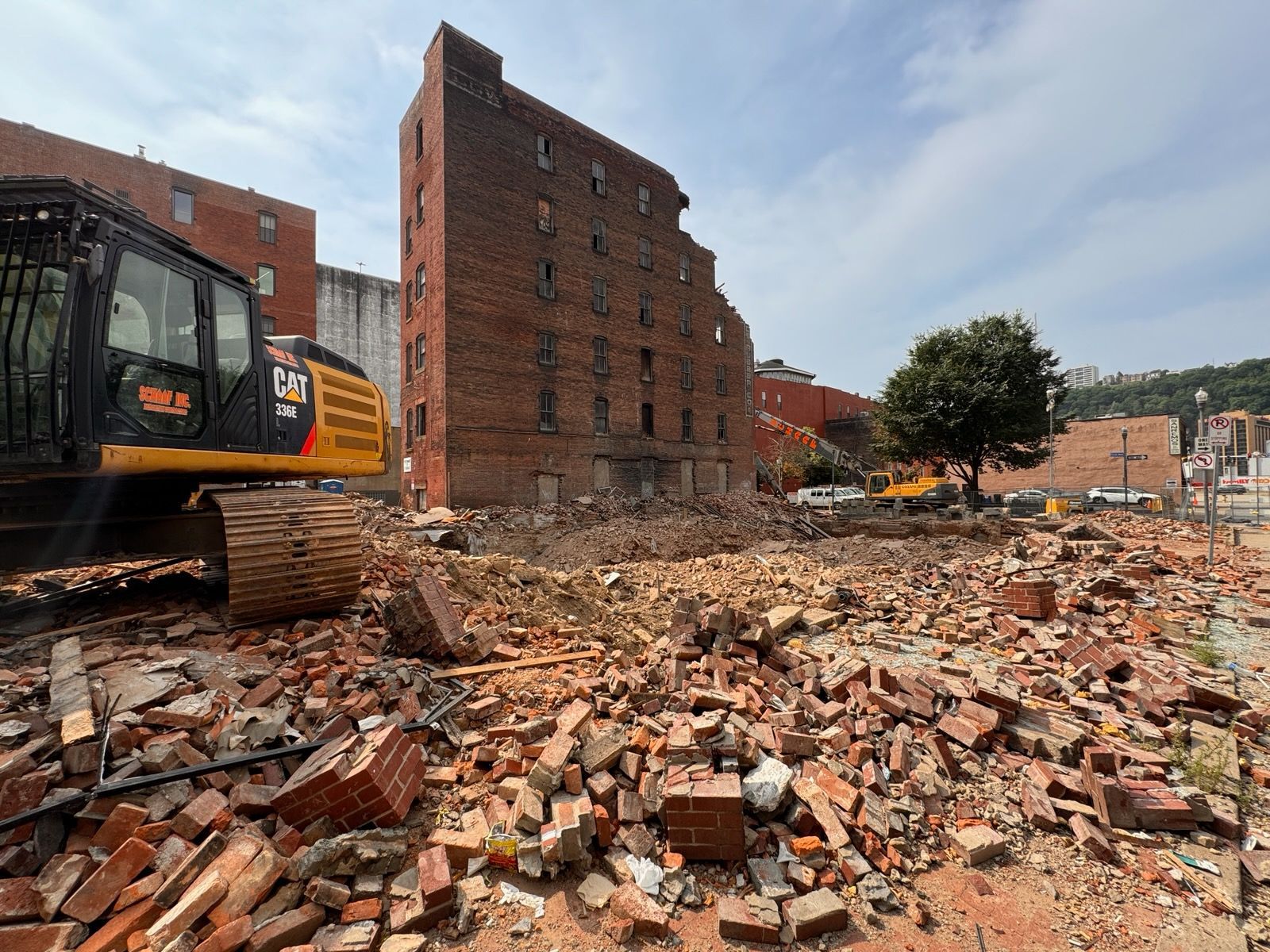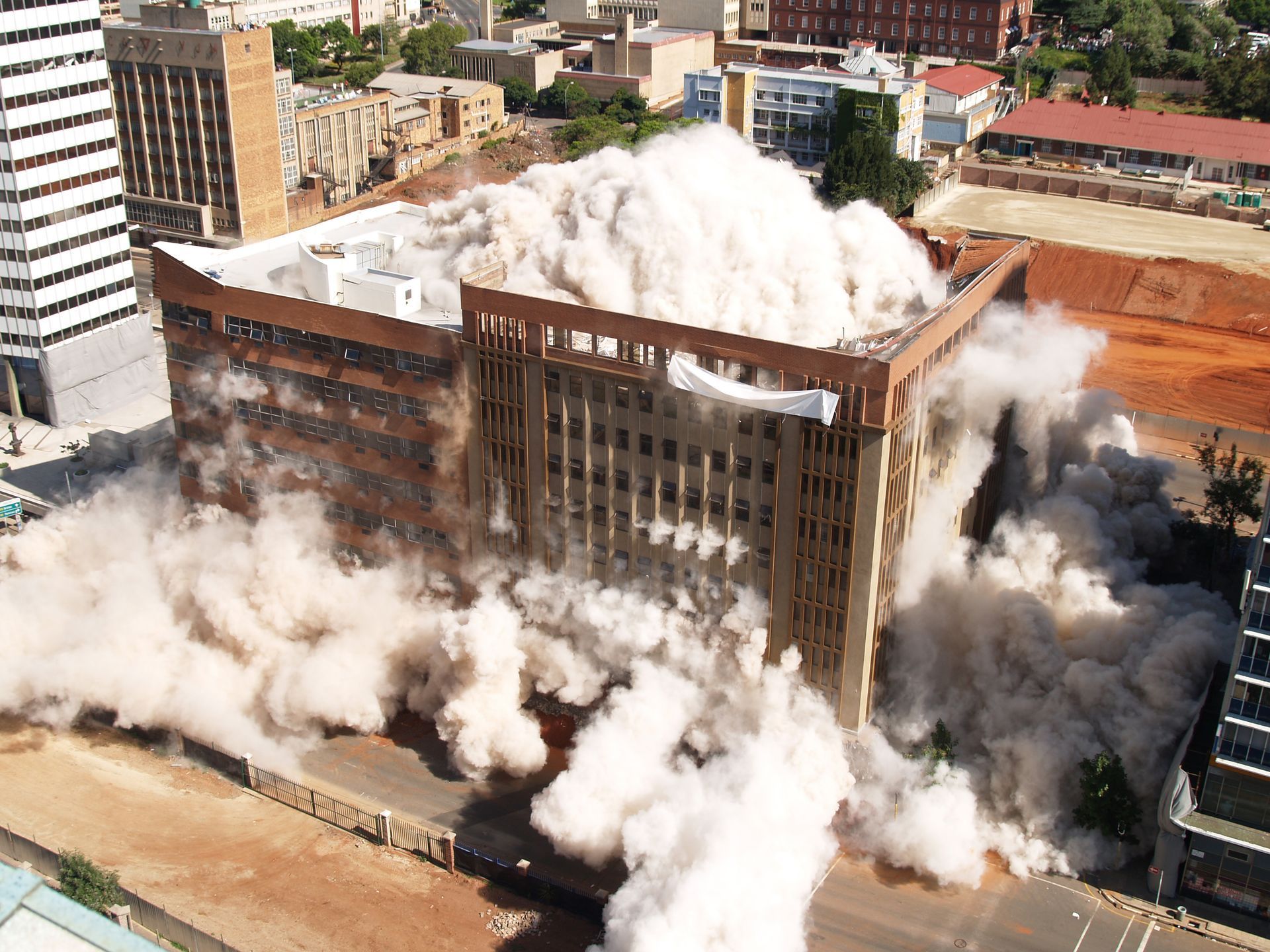The Neighboring Row House Is Being Demolished. Will My Home Take Damage?
Are you a homeowner whose tranquil neighborhood is about to undergo the unavoidable change of a neighboring home being demolished? This blog post dives deep into the measures you can take to protect your property, ensuring that you're prepared for any potential fallout when the foundations next door fall.
This is not just about preserving the sentiment of your home but securing your family's safety and your financial investment as well, should the worst happen.
How do I protect my home from my neighbor's row house being demolished?
Originally asked on Reddit, the person posing this question lives in a row house that they own. The row homes adjacent to theirs have been abandoned for more than six years. After the city received numerous complaints from the neighborhood, a notice was posted instructing the owner of the property that they were required to fix the structural issues or demolish the structure within 30 days.
The person who owns the abandoned home did not respond to this notice and has not been seen or heard from since the property was last rented over six years ago. The homeowner asking the question has a strong feeling the neighboring property will be demolished by the city, or the previous home owner and they want to know how to prepare their home and protect it from any potential damage the demolition can cause. The good news is, that if a professional demolition contractor is on the job performing selective demolition services, chances are you are safe, though not without risks.
Understanding the Risks
Before preparing your home, it's critical to understand the risks and other factors that can come with demolition.
Structural Implications of Neighboring Demolitions
Row homes are quintessentially stable structures, leaning on each other for support and marking the rhythm of community living. However, the removal of a neighbor can do more than temporarily disrupt this balance; it can permanently damage the structure's soundness. Understanding which parts of your home rely on the adjacent properties and how to contact professionals to evaluate and reinforce weak points can be the difference between a troubling inconvenience and a catastrophic collapse.
Environmental Hazards and Safety Concerns
Demolition sites breathe new life into exhausted materials, releasing asbestos, lead, and other long-buried health risks back into the living environment. With high winds carrying potential pollutants into our air ducts and waterways, it's essential to recognize that the fallouts of such events persist long after the dust settles. Homeowners should not only worry about the day of the demolition but also the months and years that follow from a health risk perspective.
Protective Measures
Securing Your Property
Boarding windows, tightening defensible spaces, and creating barriers are great preparations for the safety of your home when contractors are carrying out our residential demolition services. Remove all valuables from possible fall zones, secure outdoor furniture, and seek professional help to determine the integrity of your property's defense mechanisms.
Insurance Considerations
Check your insurance policy for coverage that extends to collateral damage. If not already in place, request a comprehensive property policy that includes potential dilapidation from construction events. Insurance is not just a safety net; it's a legal guarantee that the value of your property is insurable and insured, should the unspeakable happen.
Take Before and After Photos of Your Home
If your neighbor is planning to undergo residential demolition, take before and after photos of your home. These will serve as evidence for potential property damage claims. It's also helpful to have photos of your home in its original state, especially if you plan on making any renovations or improvements in the future.
Secure Valuables and Personal Belongings
Before construction begins, be sure to remove all valuables from areas that may be affected by the demolition process. This includes items such as electronics, artwork, and sentimental objects. Store these items in a safe place away from the construction site to avoid any potential damage or loss.
In addition, secure outdoor furniture and other items that could potentially be damaged during the demolition process. This will help prevent any unnecessary expenses or inconvenience in case of accidental damage.
Legal Aspects and Rights
Understanding your rights as a homeowner in the face of an imminent demolition is crucial. Know what the laws in your region impose on the destruction and cleanup of demolition sites and what steps are required to guarantee that the aftermath is responsibly managed. Legal obstacles, created or discovered after the fact, can hinder the process, but not without advocating for them to be addressed.
Community Engagement
Communication with Local Authorities
Open a dialogue with local officials to comprehend the intricacies of the demolition proposal. An early conversation can lead to insights that might affect your property, such as expected timelines, demolisher protocols, and post-demolition responsibilities. The goal is to be as informed as possible when it comes to the changes in your immediate environment.
Collaboration with Neighbors
Strength in numbers is not just a truism; it's a strategy for those facing uncertain times. Build alliances with your immediate neighbors to support each other's efforts in protecting your homes. These collaborations can extend to hiring the same professionals for overhead evaluations, investing in collective risk mitigation, and advocating for shared community policies.
Seeking Professional Advice
Leaning on the expertise of professionals is not a sign of neglectful readiness but rather a proactive measure in safeguarding your assets. Structural engineers can provide soundness evaluations, attorneys offer legal perspectives, and financial advisors can guide homeowners in fortifying their fiscal defenses.
There's wisdom in consulting those who've specialized in protecting properties under such circumstances.
Maintenance Tips During Neighboring Demolitions
The incessant shake of heavy machinery reverberates through your home, unwelcome and unavoidable. They could place stress on your home's joints and surfaces, contributing to accelerated wear and tear. Periodic checks, not just of the visible damage but of the invisible stressors, will be necessary to uphold your home's integrity.
Selective Demolition: What You Need to Know
Selective demolition is a process where specific parts or features of a building are removed while preserving the remaining structure. This method is often used in situations where only certain areas of a property need to be demolished, minimizing the impact on neighboring homes. However, even with selective demolition, there is still a risk of damage to adjacent properties.
The selective demolition process includes the following:
- Creating a detailed plan and timeline
- Identifying areas that need to be demolished while protecting others
- Implementing safety measures for workers and neighboring properties
- Using specialized equipment to remove specific features of the building carefully
At Schaaf Excavating Contractors, we provide residential selective demolition services for homes in Pittsburgh, and selective demolition services for businesses as well; ensuring the safety of your property.
Below is an example video of row home demolition in action:
Commercial Demolition Facts You Need To Know
When commercial properties are demolished, there is often a significant amount of debris and hazardous materials that need to be properly disposed of.
As a homeowner in the area, it's essential to ensure that the contractor hired for the job follows all safety protocols and guidelines to protect your home and community. It's also advisable to keep records of potential pollutants released during demolition for future reference. When you work with Schaaf Excavating Contractors for commercial demolition services, you can rest assured that all safety regulations are followed to protect both your property and the environment.
Trust the Experts at Schaaf Excavating Contractors, Inc.
Protecting your row house during neighboring demolitions requires a combination of proactive measures, expert advice, and community engagement. At Schaaf Excavating Contractors, Inc., we understand the importance of safeguarding your property and are equipped to handle selective demolition projects with precision and care.
With extensive experience in the industry, our team has the knowledge and resources to ensure that your home is protected during the demolition process.
Contact us today for a consultation, and let us help you mitigate any risks associated with neighboring demolitions. Your peace of mind is our top priority.

Author: Tim Schaaf
Owner & Founder of Schaaf Excavating Contractors.
